Back to series
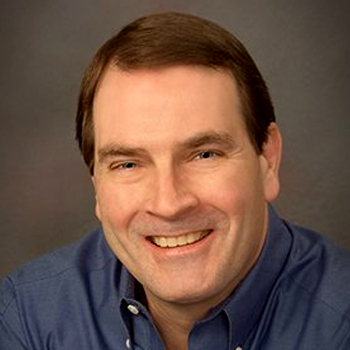

Recommended Reading:

Thanks for the Memories Reminders
Click here to open a Print - Friendly PDF
| A year ago on February 20, my father, Howard G. “Prof” Hendricks, died. Two years after finishing sixty years of teaching at Dallas Theological Seminary, he said his goodbyes to the family, then rolled over and went into a deep sleep. A little more than two days later, he quit breathing on earth and entered the House of the Lord.
Needless to say, this past year has given me much opportunity to reflect on the whole notion of legacy—what someone leaves behind when they depart this earthly existence. Indeed, one of the most common things people have said to me this year is “Your dad left such an incredible legacy!” I can’t disagree with that. Sixty unbroken years of teaching. An estimated thirteen thousand students in his classes. Untold thousands, perhaps millions, of people influenced through his books, speaking engagements, radio broadcasts, visual media, and other means of communication. By any measure, he lived an extraordinary life. But as I’ve pondered that legacy, along with its obvious implications for my own legacy, I’ve come to realize that a great deal of what I believed about leaving one’s mark on the world, and much of what is commonly taught on that subject, needs to be re-examined. It’s not that it’s outright wrong. It’s just shortsighted. Let me explain. The matter of leaving a legacy is usually formulated as a question: eventually you’re going to die, and when you do, what will you leave behind?
There are countless ways in which people answer that question. Some leave buildings. Some leave books. Some leave a family. Some leave the gift of wonderful memories and stories. My dad left his students with the charge to go and reproduce themselves. Others, sadly, leave nothing but wreckage and sorrow. Broken relationships. Ruined finances. The shame and waste of bad choices and errors in judgment. Perhaps the tragedy of having squandered enormous potential on silly, pointless pursuits. Maybe even the memory of an act so vile that all one has to do is say the person’s name and people shudder. I suppose there’s a third category: some people won’t leave much at all. They’ll live their lives and then just . . . go away. There won’t be anything to outlive them, really. It will be as if they never existed. Eventually you’re going to die, and when you do, what will you leave behind? As I say, that’s how the question of legacy gets posed most of the time. It’s a great question. My Dad recognized that. At the beginning of his memorial service (which Stonebriar Church was kind enough to videotape, and you can view it on YouTube), a delightful media remembrance of his life was shown that brought laughter, tears, and ultimately hope. It inspired hope because it ended with a clip of Dad’s own voice delivering one of his most memorable lines: “We are in the land of the dying, headed toward the land of the living.” The bookend to that theme came toward the end of the service when a men’s quartet sang Dad’s favorite spiritual: “This world is not my home, I’m just a’passin’ through, my treasures are laid up, somewhere beyond the blue. The angels beckon me from heaven’s open door, and I can’t feel at home in this world anymore.”
Dad understood that truth at the core of his being, and it affected everything about his life. Even his legacy. Though I never heard him phrase it this way, for him the question was not, what am I leaving behind? Rather, what am I leaving for? That forward-looking perspective kind of turns the traditional notions of legacy on their head. It suggests that our lives ought not to be focused primarily on what we leave behind, but on how we are preparing—and how we are helping others prepare—to live permanently with the King and His people, in His kingdom. In short, this world is not a museum. It’s a nursery. God is not asking us to leave memorials to ourselves. He’s asking us to grow up and get ready to live with Him and to grow others up and get ready to live with Him. My dad is a great model of someone who invested his time on earth with that long-range view. He was not, as they say, so heavenly minded that he was no earthly good. No, he was very present. But it was a presence and focus informed by the fact that the King had called him to teach. So he taught. So even though his investment was in the world, it was not of the world. His was an investment in the King’s business, which, in his particular calling, involved the teaching of men and women. And so whatever we leave behind ought not to be merely a memory, which points to the past. No, our legacy ought to point to our future with the Father, Son, and Spirit, which the Westminster Shorter Catechism claims is the reason we were created in the first place. Memories are good (as long as they are good memories). But reminders are better. My dad’s legacy is a great reminder that this world is not our home; it’s our launching pad to go home. Which means everything we do here matters. But it matters only because it’s a baby step toward all that our Father has prepared for us when at last He hands us our inheritance, which is the eternal weight of His glory. In that day, no one will ask, what did you leave behind? Only this: how much glory are you prepared to bear? |
|||

Bill Hendricks
Author Bill Hendricks is President of The Giftedness Center, a Dallas-based consulting firm helping individuals think through strategic life and career decisions. He is also the Executive Director for Christian Leadership at The Hendricks Center at Dallas Theological Seminary. Bill has authored or coauthored twenty-three books, including the foundational faith-and-work title, Your Work Matters to God; his popular primer on giftedness, The Person Called YOU: Why You're Here, Why You Matter & What You Should Do With Your Life; and most recently, Men of Influence: The Transformational Impact of Godly Mentors. He holds degrees from Harvard University, Boston University, and Dallas Theological Seminar, and is currently a doctoral student at Bakke Graduate University.
Recommended Reading:
Living By the Book: The Art and Science of Reading the Bible, by Howard G. Hendricks and William D. Hendricks, Moody
For every person who draws strength and direction from the Bible, there are many more who struggle with it. Some call it a long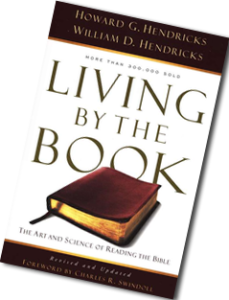 book with fine print and obscure meaning. Some call it a mystery. A chore to read. An undecipherable puzzle.
book with fine print and obscure meaning. Some call it a mystery. A chore to read. An undecipherable puzzle.
The good news is you can easily solve this problem. With over 300,000 sold, this revised and expanded edition of Living by the Book will remove the barriers that keep Scripture from transforming your life. In a simple, step-by-step fashion, the authors explain how to glean truth from Scripture. It is practical, readable, and applicable.
By following its easy-to-apply principles, you’ll soon find yourself drawing great nourishment from the Word—and enjoying the process! The Living by the Book Workbook is the perfect compliment to provide practical application of lessons.
 COPYRIGHT: This publication is published by C.S. Lewis Institute; 8001 Braddock Road, Suite 301; Springfield, VA 22151. Portions of the publication may be reproduced for noncommercial, local church or ministry use without prior permission. Electronic copies of the PDF files may be duplicated and transmitted via e-mail for personal and church use. Articles may not be modified without prior written permission of the Institute. For questions, contact the Institute: 703.914.5602 or email us.
COPYRIGHT: This publication is published by C.S. Lewis Institute; 8001 Braddock Road, Suite 301; Springfield, VA 22151. Portions of the publication may be reproduced for noncommercial, local church or ministry use without prior permission. Electronic copies of the PDF files may be duplicated and transmitted via e-mail for personal and church use. Articles may not be modified without prior written permission of the Institute. For questions, contact the Institute: 703.914.5602 or email us.
-
Recent Podcasts
Ralph Waldo Emerson’s Philosophy and Influence
by David George Moore on July 26, 2024Ralph Waldo Emerson was a gifted nineteenth century...Read More
-
The Side B Stories – Nate Sala’s Story
by Jana Harmon, Nate Sala on July 19, 2024
-
Terrorism Through the Eyes of Faith
by Dennis Hollinger on July 12, 2024
-
Recent Publications
Hasn’t Science Proven That Belief in God Is an Outdated Superstition?
by Sharon Dirckx on July 1, 2024Many assume that scientific practice and belief in...Read More
-
Has the Bible Been Corrupted as Some Muslims Claim?
by Andy Bannister on June 1, 2024
-
Seeing Jesus Through the Eyes of Women
by Rebecca McLaughlin on May 15, 2024
0
All Booked
0.00
All Booked
0.00
All Booked
22194
C.S. Lewis’s The Abolition of Man Live Online Small Group 8:00 PM ET
https://www.cslewisinstitute.org/?event=c-s-lewiss-the-abolition-of-man-study-course&event_date=2024-10-02®=1
https://www.paypal.com/cgi-bin/webscr
2024-10-02

Next coming event
Days
Hours
Minutes
Seconds
C.S. Lewis’s The Abolition of Man Live Online Small Group 8:00 PM ET
On October 2, 2024 at 8:00 pmSpeakers
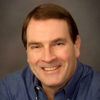
Bill Hendricks
Author
Team Members

Bill Hendricks
AuthorBill Hendricks is President of The Giftedness Center, a Dallas-based consulting firm helping individuals think through strategic life and career decisions. He is also the Executive Director for Christian Leadership at The Hendricks Center at Dallas Theological Seminary. Bill has authored or coauthored twenty-three books, including the foundational faith-and-work title, Your Work Matters to God; his popular primer on giftedness, The Person Called YOU: Why You're Here, Why You Matter & What You Should Do With Your Life; and most recently, Men of Influence: The Transformational Impact of Godly Mentors. He holds degrees from Harvard University, Boston University, and Dallas Theological Seminar, and is currently a doctoral student at Bakke Graduate University.


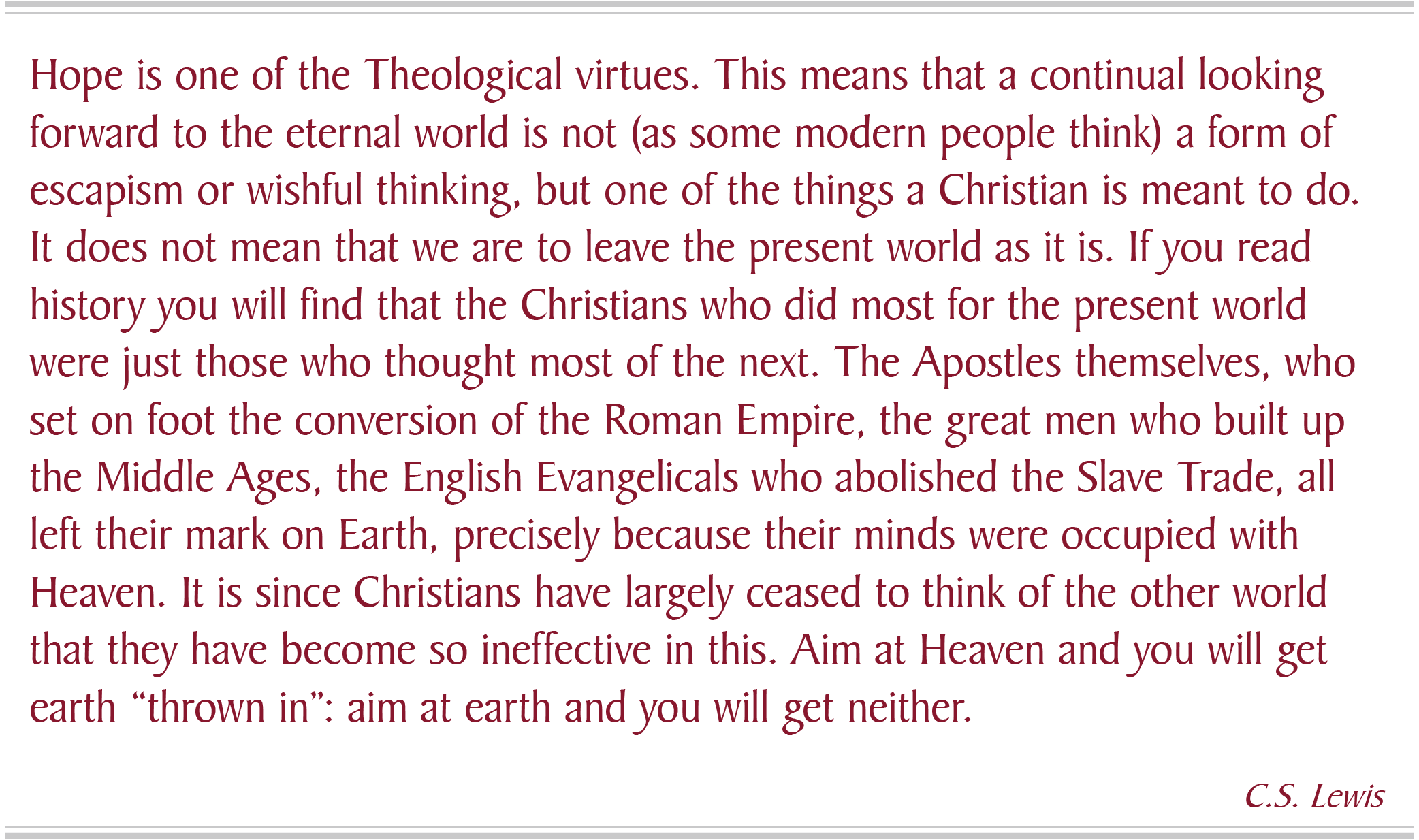
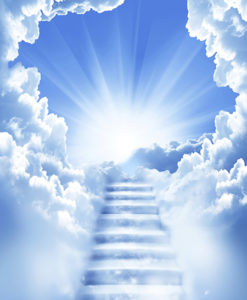 If Dad understood nothing else, he recognized that this world was not his home. Oh, yes, with Shakespeare he fully appreciated that the world is indeed a stage. But for him it was not the main stage. It was just the green room. He realized that the big show is in the life to come. Because that’s when the Star will make His appearance—and we with Him. That’s when what really matters will finally matter.
If Dad understood nothing else, he recognized that this world was not his home. Oh, yes, with Shakespeare he fully appreciated that the world is indeed a stage. But for him it was not the main stage. It was just the green room. He realized that the big show is in the life to come. Because that’s when the Star will make His appearance—and we with Him. That’s when what really matters will finally matter.

